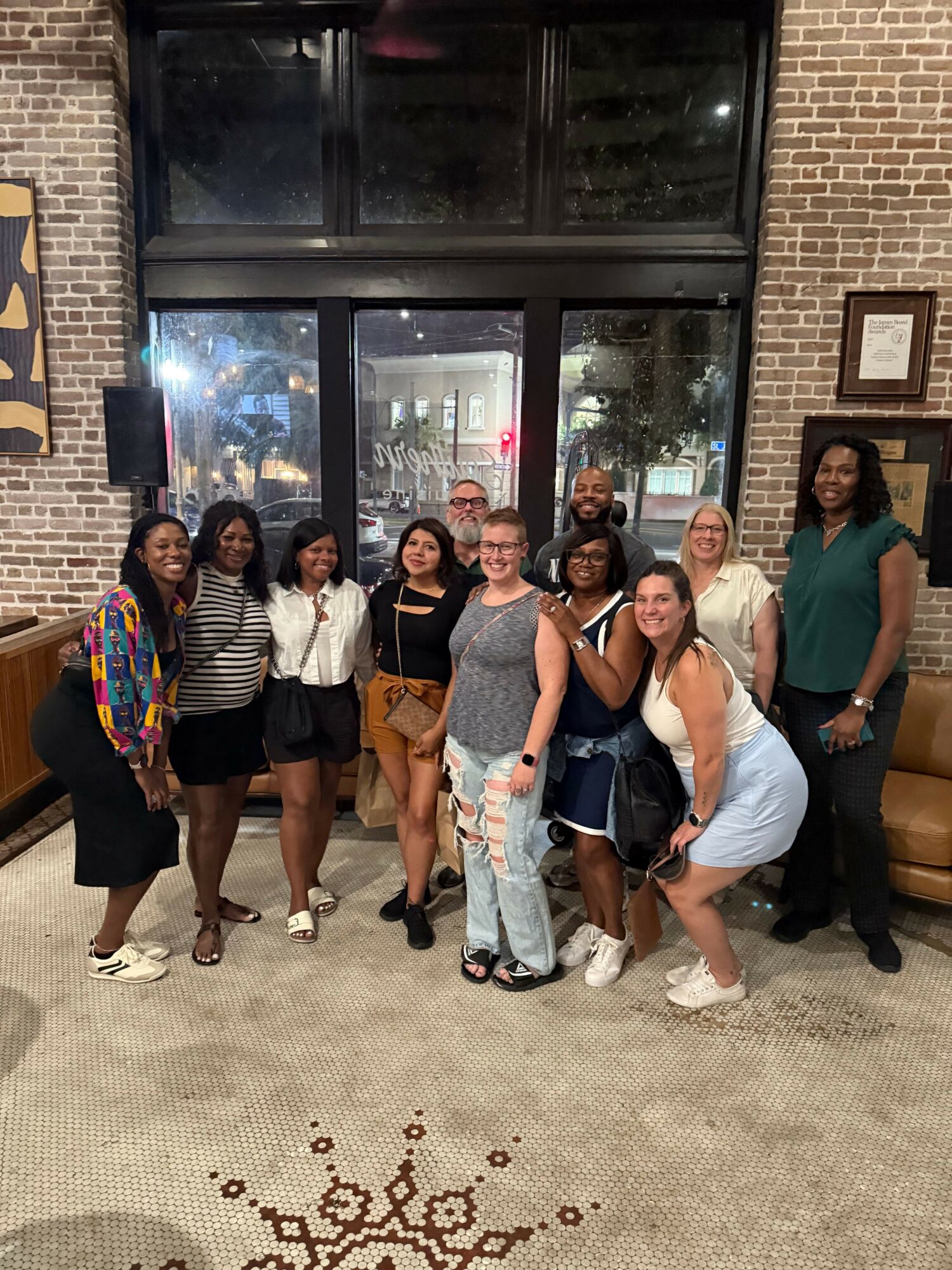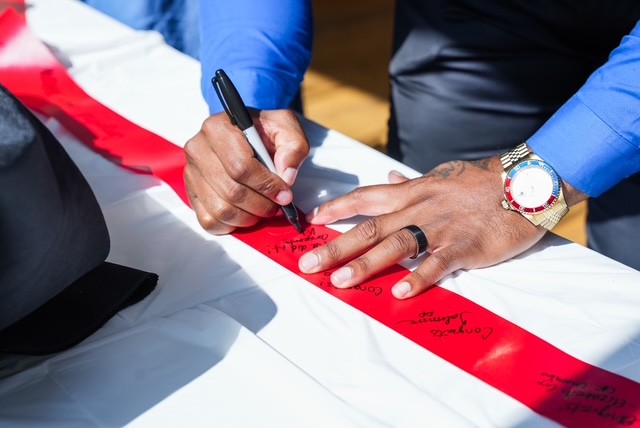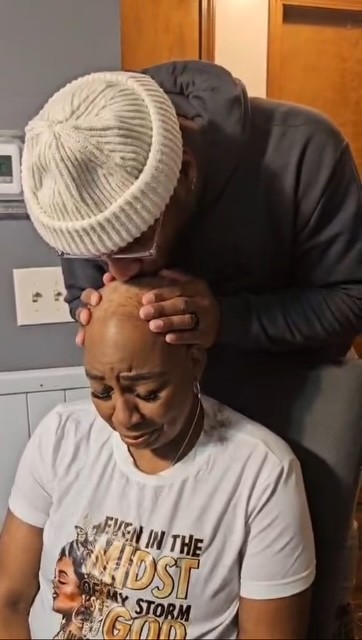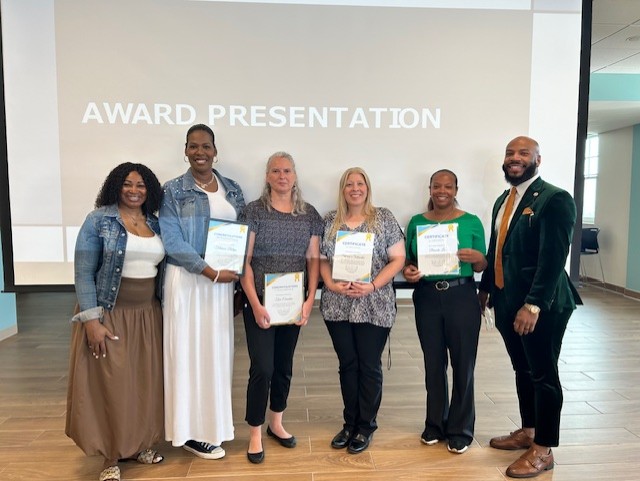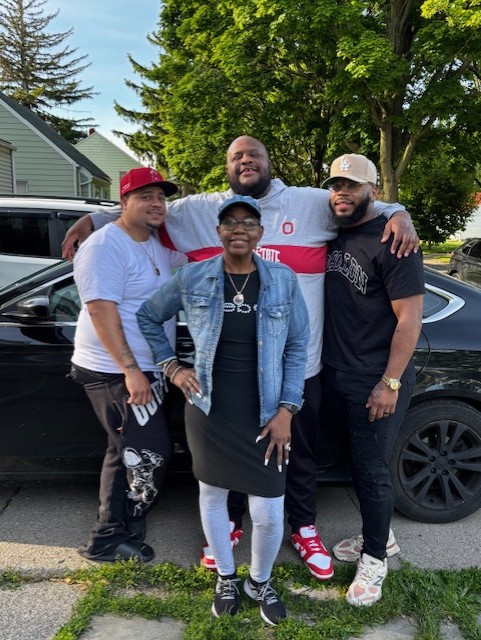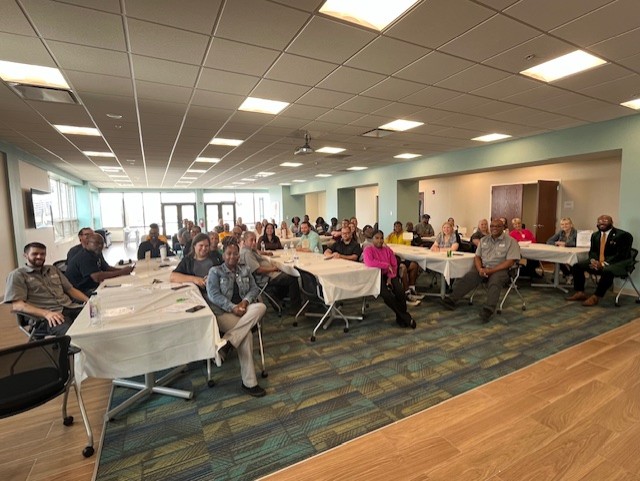

We’re looking forward to introducing you to William Crawford. Check out our conversation below.
Hi William , thank you for taking the time to reflect back on your journey with us. I think our readers are in for a real treat. There is so much we can all learn from each other and so thank you again for opening up with us. Let’s get into it: What are you most proud of building — that nobody sees?
Honestly, it’s the legacy I’m trying to build, not just for myself, but for the family I hope to have one day. If I’m fortunate enough to be a father, I want to leave something meaningful for my child. And if that’s not in the cards for me, then it’s for my nieces, nephews, and the generations that come after us.
I’ve started putting down roots in a place I never expected to call home, and with that, I’ve shifted my mindset. I’m more focused on building long-term stability by creating generational revenue and habits that will outlive me. It’s not something people see or talk about, but it’s there, quietly taking shape.
What I’ve learned along the way is how to separate wants from needs. That discipline has helped me make better decisions, not just for me, but for the people I care about and the future I want to help shape. It’s a slow, quiet process, but it means everything to me
Can you briefly introduce yourself and share what makes you or your brand unique?
My name is William Crawford. I serve as the Director of Property Management for a nonprofit affordable housing organization, where I work to ensure that safe, stable housing remains accessible to those who need it most. I’m also a committed mental health advocate and the founder and CEO of the WJC Foundation, an organization focused on empowering underserved communities and addressing the interconnected challenges of housing insecurity, mental health, and substance abuse.
At the core of my work is a mission: to keep the needs of the less fortunate at the forefront of policy and public discourse. I believe that housing is more than just a roof over one’s head. It’s a foundation that impacts every aspect of life, from emotional well-being to economic opportunity. Homelessness, mental health, and substance abuse are deeply intertwined, and I’m focused on bridging the gaps in public understanding and systemic response.
Currently, I’m expanding my efforts by getting more involved in government and public policy, with the goal of sitting on local boards, joining city council, and ultimately serving as Mayor. My aim is to bring the voices of the underserved directly to the decision-making table — where change truly begins
Amazing, so let’s take a moment to go back in time. What was your earliest memory of feeling powerful?
My earliest memory of feeling powerful is rooted in a moment that, at the time, felt more confusing than empowering, a memory that has unfolded its meaning as I’ve grown.
I was a student at Whittier Elementary School, walking a classmate, a young girl of Asian descent — to her father’s car after school. It was an innocent, everyday act of friendship. But as we approached, her father stepped out of the car with visible anger. He shouted at her to stay away from me, then turned to me and said firmly, without hesitation, that I was not to speak to or walk with his daughter again.
In that moment, I didn’t have the language to describe what I was experiencing. I just knew something shifted. I hadn’t done anything wrong yet I was being treated as if I was inherently threatening, as if my presence alone violated an unspoken boundary.
As I grew older and gained a deeper understanding of race, identity, and perception, I came to recognize what that moment truly represented: the raw, unspoken power of my Blackness. Long before I ever opened my mouth, I was seen. Judged. Feared. And later, as I became more articulate, more educated, and more aware, I realized something even more complex; that when I do speak, it often disrupts the assumptions people carry. My words don’t just add to my presence they challenge the narratives others may have already written about me.
That’s when I understood the duality of my power: the power of my skin and the power of my intellect. Each one on its own can be misinterpreted or underestimated but together, they form a kind of resistance, a quiet assertion of worth and identity in spaces where I am not always expected to belong.
Was there ever a time you almost gave up?
Oh gosh, I’ve had many moments where I wanted to give up. But the one that hit the hardest, the one that almost broke me, happened recently.
If you’ve followed my journey, you probably know the ups and downs of my relationship with my mom. But through it all the one constant has always been the love I have for her. So when I got the call that she had been diagnosed with pancreatic cancer, it felt like someone knocked the air out of my lungs. I physically felt it in my stomach. It was a moment I wouldn’t wish on anyone.
At the time, I was living about 12 hours away. I didn’t even think I just packed up and drove straight to her. I needed to be there, at her appointments, by her side.
This story really belongs to her more than me, but I’ll say this — there was hope. Chemo was working, and surgery became an option. We held on to that. We needed that. But after five long hours of surgery, the doctor brought us to the back and told us the tumor was wrapped too closely around an artery. He said ethically, he couldn’t continue and that the risk was too high. He tried to give us silver linings, but I had already checked out.
The next morning, I drove back to the hospital. I was exhausted. Numb. Angry. I remember crying behind the wheel, and at one point I just closed my eyes. Still driving. Hoping maybe I’d run off the road and that would be the end of it.
But then something happened. A gospel song started playing. Darius Walton “I Will Obey” and even though my foot was still on the gas, the car started to slow down. I opened my eyes and saw that the car had somehow slipped into neutral.
Right then, I put my foot on the brake. I cried harder. I listened to the words of the song. And then, somehow, I smiled.
I realized I had to live. Not just for me but for my family. For my mother. For the people watching me, counting on me, loving me. That was the moment I almost gave up but didn’t. And I’m still here. Still standing. Creating memories, a legacy, something bigger than me.
Next, maybe we can discuss some of your foundational philosophies and views? What’s a cultural value you protect at all costs?
Importance of family and community especially the concept of “village.”
This idea goes far beyond biological ties. It’s about collective responsibility: raising children together, showing up for one another, and ensuring that no one walks through life alone. Whether through extended family, neighbors, church families, or chosen kin, this value represents a deep-rooted belief in mutual care, protection, and resilience.
Many people in the Black community protect this value at all costs because, historically, when systems failed or were built to exclude, the community became the safety net. That “village” became the difference between survival and being forgotten. It’s emotional, generational, and sacred.
Okay, so let’s keep going with one more question that means a lot to us: What light inside you have you been dimming?
Full-blown entrepreneurship. Not because I don’t have the vision but because I’ve been afraid of failing. I wanted things to be perfect, calculated, smooth.
But life doesn’t work like that. It’s messy. Unpredictable. And that’s where creativity, resilience, and work ethic have to take the lead.
I’m done calling them failures. They’re lessons. And I’m done dimming my light to make the path look perfect.
It’s time to bet on myself even in the unknown.
Contact Info:
- Instagram: https://www.instagram.com/welcometo_willworld/?hl=en
- Linkedin: https://www.linkedin.com/in/william-crawford-483590265/
- Facebook: https://www.facebook.com/thewjcfoundation/
